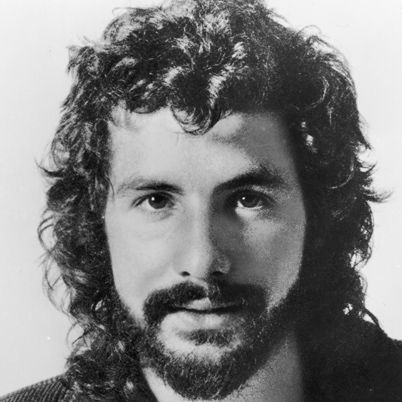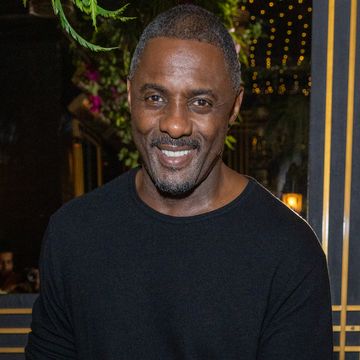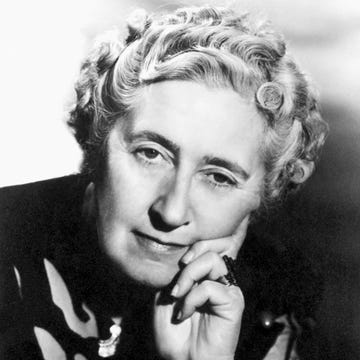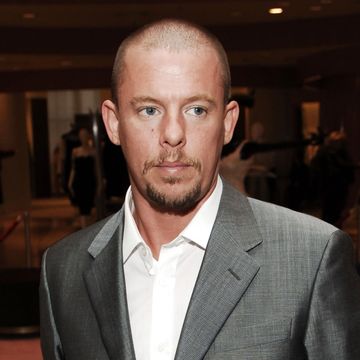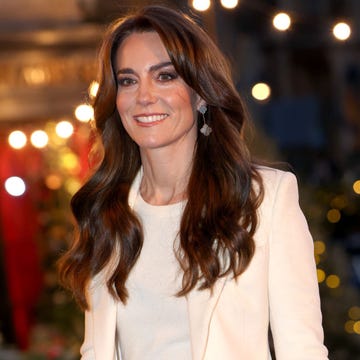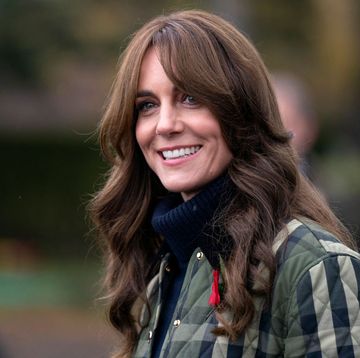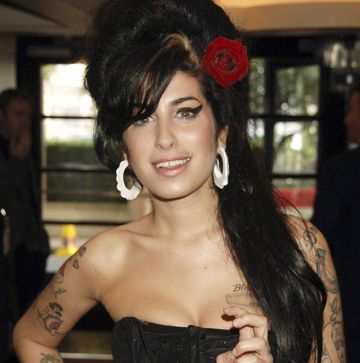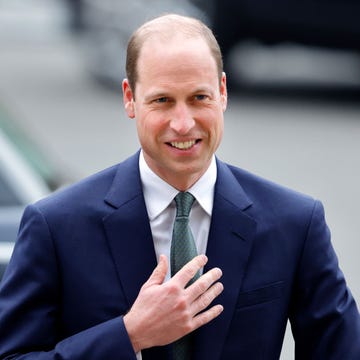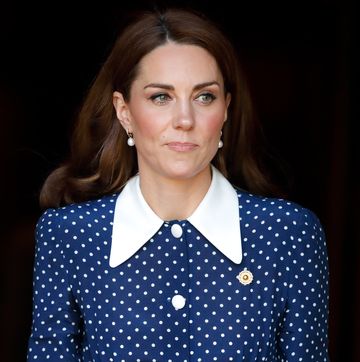(1948-)
Who Is Cat Stevens?
Cat Stevens' parents ran a restaurant where he learned to play the piano as a child. At age 18, he signed with Decca Records and released his first album, and his 1970 single "Wild World" made him a star.
Early Life
Cat Stevens was born Stephen Demetre Georgiou on July 21, 1948, in London, England as the youngest of three children. His parents, Greek Cypriot father Stavros Georgiou and Swedish Baptist mother Ingrid Wickman, were restaurateurs; together, they ran the Moulin Rouge on Shaftsbury Avenue. Young Stevens and his siblings often pitched in and waited tables.
The family lived in a small apartment over the restaurant — the place where Stevens first learned to play the piano — and the glitz, glamour and the nearby theatre presence of the West End was a strong influence on the young musician.
Although he was raised Greek Orthodox, Stevens' parents opted to send him to a Roman Catholic school. The combination of the two religious influences helped him develop a strong moral conscience, and provided an anti-Muslim slant to his upbringing.
At the age of eight, Stevens' parents divorced but continued to cohabitate. Even in the midst of the turmoil, the young man displayed a natural talent for artistic pursuits. In 1963, the 15-year-old, smitten with The Beatles, convinced his father to buy him a guitar. The teenager quickly began writing and playing his own songs.
Pop Stardom and Struggles
In July 1964, while attending Hammersmith Art College, Stevens made his folk music debut at Black Horse, a local bar. The performance informally launched his career. A year later he landed a publishing deal as a songwriter, and adopted the stage name Cat Stevens.
During this period, he sold the hit "The First Cut is the Deepest" to soul singer P.P. Arnold for $40. The song was a hit, making it to No. 18 on the UK Singles Chart. A year after that, at the age of 18, producer Mike Hurst lured the singer over to Decca Records. Stevens soon released his first album, Matthew and Son, which featured the hits "I Love My Dog," "Here Comes My Baby," and the title track, which charted at No. 2 and further helped to boost his career.
Although Stevens was beginning to experience some success as a pop star, he longed to release some of his more seasoned tracks. Decca declined, insisting that Stevens had been positioned to appeal to a teen audience and should continue in this vein. The blow knocked Stevens into a depression, and the star self-medicated with alcohol. The stresses of his newfound work and his hard-partying lifestyle took an additional toll on his health, and by 1968 he was diagnosed with tuberculosis. A three-month stint in the hospital (and a lengthy convalescence) gave Stevens time to reflect on his chosen path and reevaluate his approach to life.
Although Stevens had experienced success overseas, the American release of Tea for the Tillerman (1970) and the single "Wild World" made Stevens a true star in the United States. The album went gold, and brought a renewed interest to his previous recordings, which enjoyed a similar spike in sales.
Stevens experienced unprecedented success with hits including "Moon Shadow," "Peace Train" and "Morning Has Broken," and even recorded tracks for the offbeat film Harold and Maude. His next album, Catch Bull at Four (1972), stayed at the top of the charts for three weeks, making it his most successful American release. After releasing a successful greatest hits compilation in 1975, he put out his tenth album, Izitso, which also went gold.
Conversion to Islam
Around this time, while swimming at a Malibu beach, Stevens nearly drowned. Facing imminent death led the singer to make a promise: If divine intervention could save him from drowning, Stevens would devote his life to honoring God. According to Stevens, a wave pushed him to shore as if in answer to his prayers. Soon after this brush with mortality, Stevens' brother gave him with a copy of the Koran as a birthday present. The book made a deep impact on the musician.
In 1977, Stevens changed his name to Yusuf Islam and converted to the Muslim faith. Along with his adherence to his newfound religion, Stevens mandated that he would no longer record secular music. The following year, A&M Records released Back to Earth, a backlog of previously recorded tracks. The release experienced mild success.
In September of 1979, Stevens entered into an arranged marriage with Fawzia Ali, and founded a Muslim school near London. For the most part, he lived a quiet life devoted to his family and faith, and wasn't heard from until the late 80s. In 1989, Stevens claims he was misrepresented as supporting the death sentence for exiled novelist Salman Rushdie. As a result, Stevens' music was largely removed from the airwaves in the United States and he was blacklisted from the music industry.
In the mid-90s, Stevens began to release albums of spiritual lectures and Islamic-themed music. But these, combined with his philanthropic efforts, couldn't seem to erase his previous stigma. Although he vigorously condemned the terrorist acts of September 11, 2001, he was placed on a "no fly" list which prevented him from entering the United States. He was also accused of funding the Hamas paramilitary group, but he denied doing so knowingly.
Return to Music
Stevens returned to recording non-religious music in 2004. That year, he released a charity track with Irish pop singer Ronan Keating, and appeared in a live concert for Darfur refugees at the Royal Albert Hall in London. In 2005, he was named "Songwriter of the Year" and awarded "Song of the Year" by the American Society of Composers, Authors, and Publishers for his 1967 hit, "The First Cut is the Deepest." The award recognized Stevens for the song, which had been covered more than a dozen times and become a hit single for four different artists over the last four decades.
In 2006, he released his album An Other Cup to positive critical reviews. That same year, he earned another ASCAP award for "The First Cut is the Deepest," and appeared in the Nobel Peace Prize Concert honoring social activist, Muhammad Yunus.
Despite his once-negative relationship with the press, the musician's work remains popular on both sides of the Atlantic. In 2007, Stevens was awarded the Mediterranean Prize for Peace, the ECHO award, and an honorary doctorate by the University of Exeter all in recognition for his efforts to increase understanding between Islamic and Western cultures. A year later, he was nominated for induction into the Songwriters Hall of Fame.
Stevens remains married to Ali, with whom he has five children. The family resides in London.
QUICK FACTS
- Name: Cat Stevens
- Birth Year: 1948
- Birth date: July 21, 1948
- Birth City: London
- Birth Country: United Kingdom
- Gender: Male
- Best Known For: Folk singer Cat Stevens wrote the song "The First Cut is the Deepest" in the 1960s. Since then it has become a hit for four different artists.
- Industries
- Rock
- Astrological Sign: Cancer
- Schools
- Hammersmith Art College
Fact Check: We strive for accuracy and fairness. If you see something that doesn’t look right, contact us!
